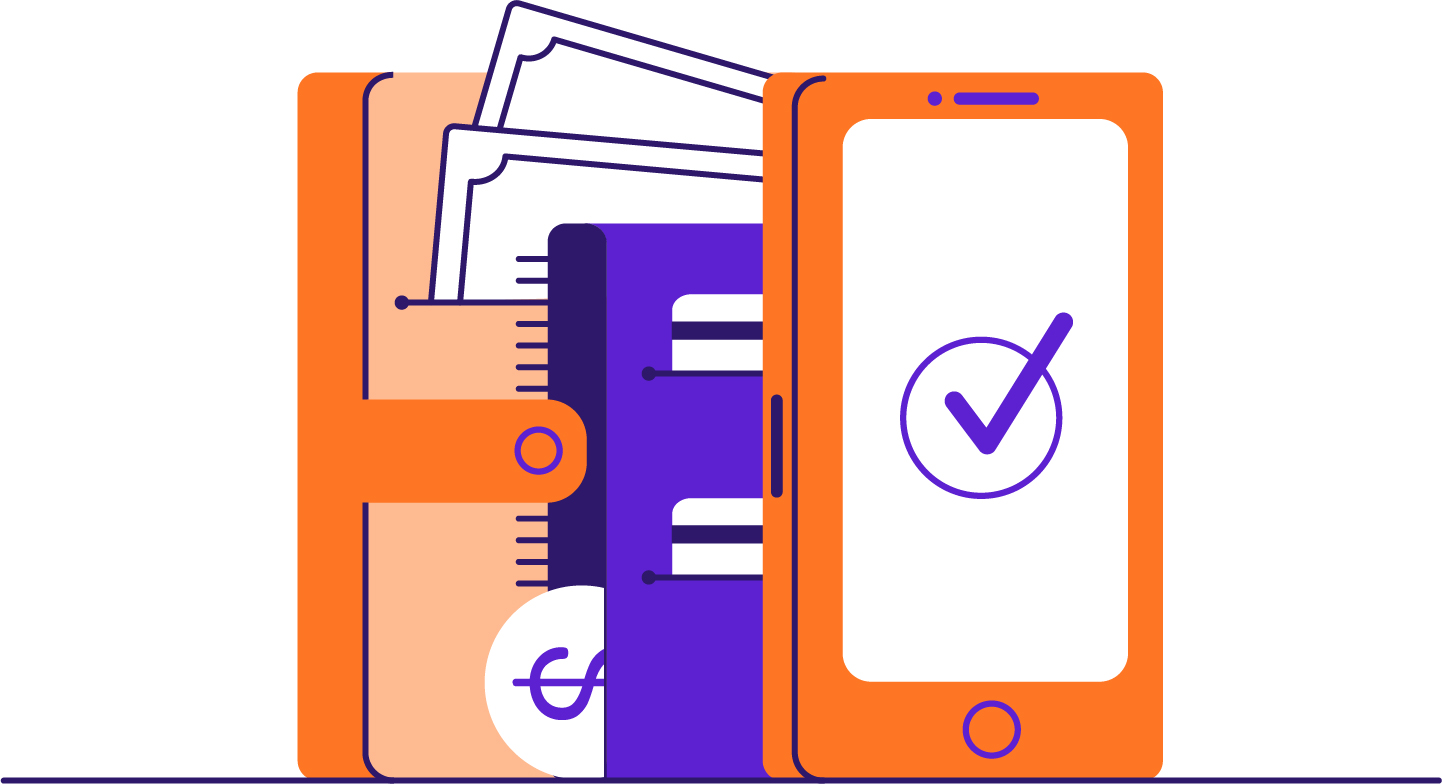

The use of audiobooks as a handy option to read while on the go has grown significantly over the past few years. The Audio Publishers Association claims that the sector has had double-digit growth over the previous three years, with sales expected to reach $1.3 billion in 2020. Using text-to-speech technology has given authors and publishers a new approach to creating audiobooks. We'll look at how text-to-speech technology may be applied to the production of audiobooks in this blog article, as well as the potential financial gains for both writers and publishers.
But first, let us brief you on what is exactly text-to-speech technology.
With the use of text-to-speech (TTS) technology, written material may be translated into spoken language. Although TTS technology has been available for a while, it has only recently developed to the point where it can provide high-quality speech output that sounds practically human. TTS technology analyzes text and converts it into voice using machine learning and artificial intelligence. It employs sophisticated algorithms to choose the right emphasis, rhythm, and intonation for each word.
According to a research done by The Audio Publishers Association, the audiobook market brought in $1.2 billion in revenue in 2020 and sold 243 million audiobooks. In comparison to the prior year, this amounts to a 16% rise in revenue and a 12% increase in unit sales.
The convenience that audiobooks provide is one factor in the increase in audiobook sales. Readers may take in their favorite novels while doing other things, including driving or working out. Also, individuals may now more easily access audiobooks while on the move because of the growth of smartphones and other mobile devices.
Historically, human voice actors have narrated audiobooks, which is a fact. However, these narrators give the story life by using their voices to establish the tone, develop the characters, and express emotions. Furthermore, several publishers and listeners have chosen human narration because it adds a personal touch that cannot be achieved by automation.
But, the human narration has its own unique set of difficulties. First, is that production may be costly and time-consuming. It might take weeks or even months to record a book after hiring a narrator. Second, the number of skilled voice actors who can meet the needs of audiobook narration is pretty tiny. This implies that it could be challenging for publishers to choose the ideal narrator for a certain novel. This gave space to text-to-speech technology to grow and shine in line with its appliance in gaming, news, radio stations, and others.
Different machines can now narrate audiobooks thanks to advances in AI technology. In particular, text-to-speech has been used to develop AI narrators that can read books aloud in a voice that sounds natural.
TTS technology analyzes the text using algorithms to produce a voice that mimics the tone, pitch, and cadence of real speech. The outcome is an AI narrator that can accurately read books aloud at a level that was previously impractical.
Here are some facts about the use of text-to-speech technology in Audiobooks:
The first AI-narrated audiobook was released in 2018. It was a version of Mary Shelley's "Frankenstein" narrated by an AI voice created by a company called - CereProc.
AI audiobook narration technology is constantly improving, with companies like Google and Amazon investing heavily in research and development. These companies are working to make AI voices sound even more natural and human-like.
AI audiobook narration has the potential to revolutionize the publishing industry by making it easier and more cost-effective to produce audiobooks. This could lead to more books being made available in audio format, which would be beneficial for people with visual impairments or reading difficulties.
AI audiobook narration could also lead to new opportunities for voice actors and narrators, as they may be able to lend their voices to AI models or work with companies to help develop more realistic and natural-sounding AI voices.
Voicely is a leading provider of TTS technology, with a wide selection of voices and over +700 languages that seem virtually real. Authors and publishers may quickly and simply turn their books into audiobooks using Voicely. The procedure is submitting the book's text to Voicely's platform, selecting a voice, and then creating the audio file with the possibility to control the voice’s pitch, the tone, and the speed. You can also add background music to add a sense of attraction to your listeners. Voicely's technology can generate high-quality audio that sounds nearly exactly like a human narrator, making it a great alternative for authors and publishers looking to make audiobooks fast and affordable.
Writers and publishers can benefit from Voicely’s text-to-speech technology in audiobooks in a variety of ways. For one thing, Voicely can dramatically cut the cost of recording an audiobook, making audiobooks more accessible for writers and publishers. Moreover, Voicely enables writers and publishers to create audiobooks in many languages and dialects, so expanding their potential audience. Audiobooks created using Voicely may also be offered on a variety of platforms, including Amazon’s Audible, iTunes, and Google Play.